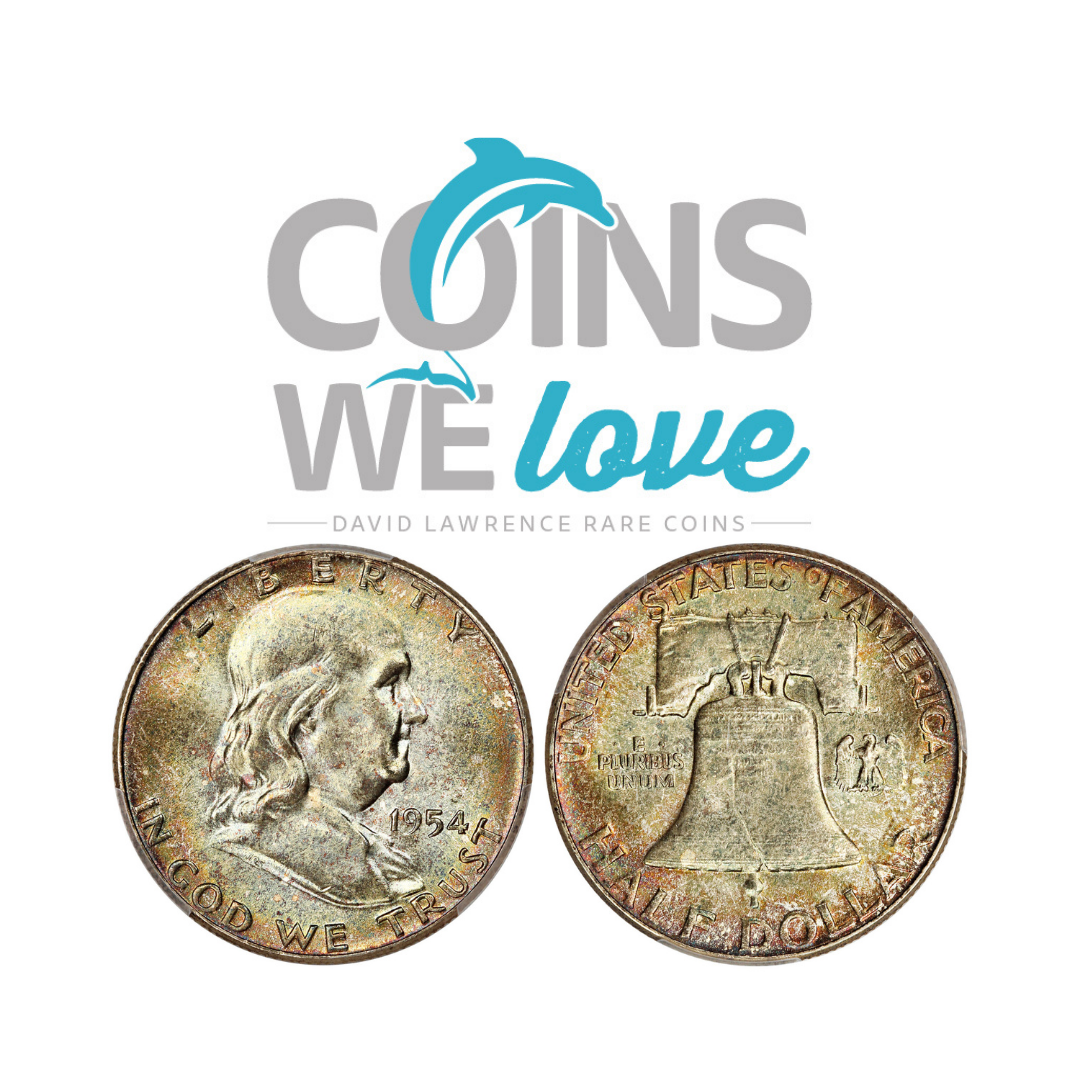Coins We Love: ✨Numismatic Safety and Education✨

As we were reviewing the prices on the coins in this week’s message, it somewhat surprised me at how difficult the “value” portions were to develop. It’s typically been the easier part of our write-ups as we have to make quick, decisive decisions when buying coins. So, when we’re explaining our thought process as to the values and why we bought them, it’s mostly quick and easy. However, while the market has reached a point where the price guides are publishing numbers that make some sense, the two-tiered nature of the coin industry when balancing quality and eye appeal are making it increasingly difficult to explain. Because of this, you see a lot of customers migrate towards auctions. When buyers (collectors and dealers alike) realize that they aren’t overpaying on items, as there’s another person a stair step below them, it gives them confidence in what they are buying. As a result, we’re seeing a ton of action in online auctions. Ironically, it doesn’t necessarily mean that the prices there are better than what you can pay outright, but it gives what is sometimes a false sense of security.
We’re active in auctions across the spectrum of numismatics…and there are times when we’re one of the largest auction buyers in the country. However, there are also times when we stay away from auctions as they turn into more work with a lower level of success. That’s where we are now - we find that we can obtain much better values in direct purchases than we can via auction. This doesn’t mean that all auctions are created equal. They simply aren’t. There are auctions that focus on getting dealers to bid as the payments are typically quicker and easier, but the final prices realized may suffer. There are also auctions that are nothing more than a marketplace with no numismatic knowledge behind them. These are typically places with no avenue or person that can buy coins and support the market or add numismatic knowledge or passion. We understand that there are a lot of these, mostly smaller, but there are some larger ones out there as well. We had two customers reach out to us, recently, regarding one of the smaller ones where the collectors bought coins that were either ungraded or graded by a grading service that we had never heard of before. When these collectors submitted the coins to a reputable grading service, they received bad news…the coins had problems and they were misrepresented. Unfortunately, this is just one example of an issue that can occur when dealing with a non-numismatic professional or marketplace. These issues upset me to the core as it’s not only bad for our hobby’s reputation – it’s also bad for collectors. I know that we can’t police the entire world of coins, but we always want to do our part. It’s why we ALWAYS suggest that collectors work with a dealer that they can trust. Not an auction house or a company, but an actual person that can give them assistance and expertise in their numismatic focus. It’s essential. It’s also why we support hobby-protecting organizations and why I serve on the Board of the PNG and am the Chair of the National Coin and Bullion Association (formerly ICTA). I also understand that these organizations aren’t infallible. However, we realize that it’s our duty to do our part and, while the time and effort involved can be overwhelming, it’s an honor to serve and protect the hobby the best we can.
It's not lost on me that we didn’t elaborate further on the pricing comments in the opening paragraph. It’s just not easy to explain! But, now we have something to think about in the coming week and if there’s enough interest, we’ll try to go into a bit more detail next week.
Numismatically Yours,
John Brush and Your Friends at DLRC
Click here to continue reading!

